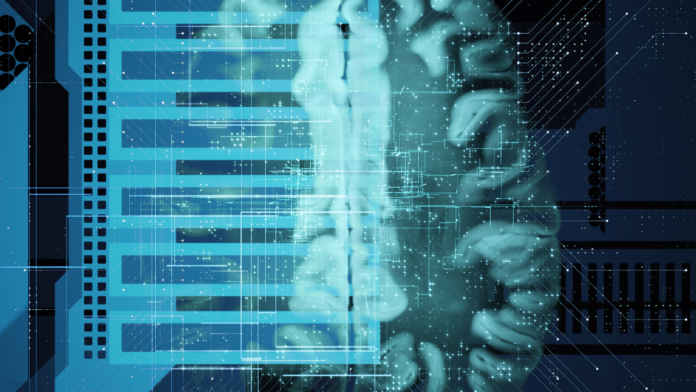The U.S. Food and Drug Administration (FDA) has given the green light to Elon Musk’s brain-implant company Neuralink to commence its first-in-human clinical study, marking a significant milestone for the firm.
Neuralink, founded in 2016, has been a centerpiece of Musk’s ambitions, with the tech mogul on multiple occasions, dating back to 2019, predicting the start of human trials for a brain implant aimed at treating severe conditions like paralysis and blindness. Despite this, the company only sought FDA approval in early 2022, which was initially rejected due to several concerns raised by the regulatory body.
The FDA’s major concerns included issues with the lithium battery of the device, the risk of the implant’s wires migrating within the brain, and the challenge of safely extracting the device without damaging brain tissue.
However, the long-awaited approval has arrived amidst increasing scrutiny. US lawmakers have urged regulators to investigate whether the composition of a panel overseeing Neuralink’s animal testing contributed to rushed and botched experiments. Neuralink has also been the subject of federal probes. The USDA’s Inspector General, at the request of a federal prosecutor, has been investigating potential violations of the Animal Welfare Act, which governs how researchers treat and test certain types of animals, and the oversight of Neuralink by the USDA.
In a tweet on Thursday, Neuralink expressed gratitude for the FDA approval and lauded the efforts of its team. The company stated, “This is the result of incredible work by the Neuralink team in close collaboration with the FDA and represents an important first step that will one day allow our technology to help many people”.
Over the years, Musk has publicly outlined an ambitious plan for Neuralink. He created a buzz late last year when he stated he was so confident in the safety of the devices that he would be willing to implant them in his own children. Musk envisions both disabled and healthy individuals getting surgical implants at local centers swiftly. The devices aim to cure a range of conditions from obesity, autism, depression, schizophrenia, to even enabling web browsing and telepathy.
As Neuralink embarks on this new chapter, its journey is being closely watched by regulators, the scientific community, and the public. The success or failure of these first-in-human clinical trials could have far-reaching implications, not only for Neuralink but for the entire field of neurotechnology.


